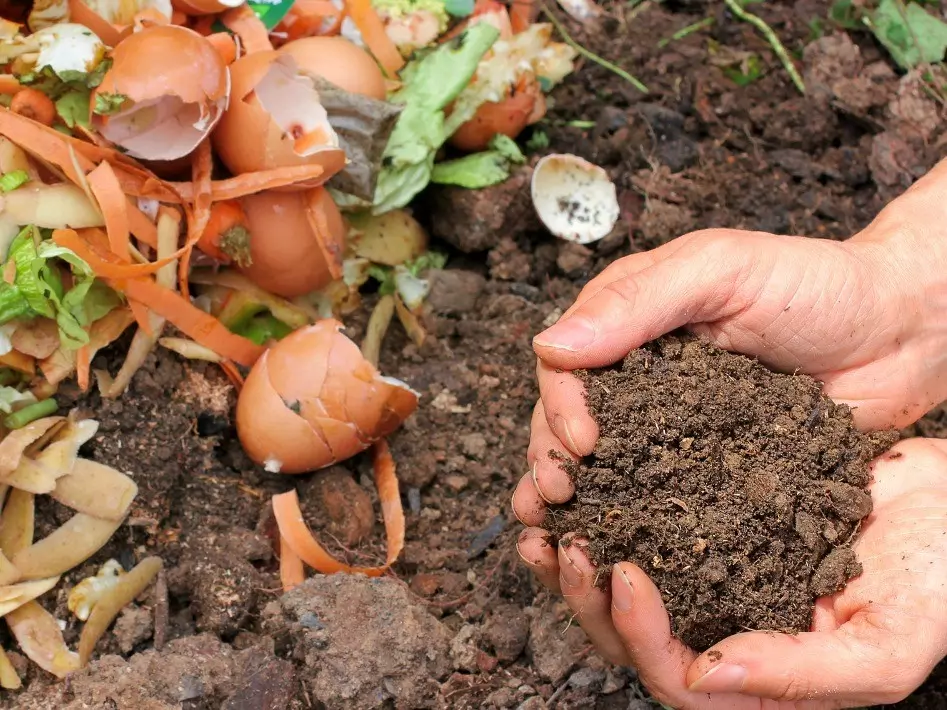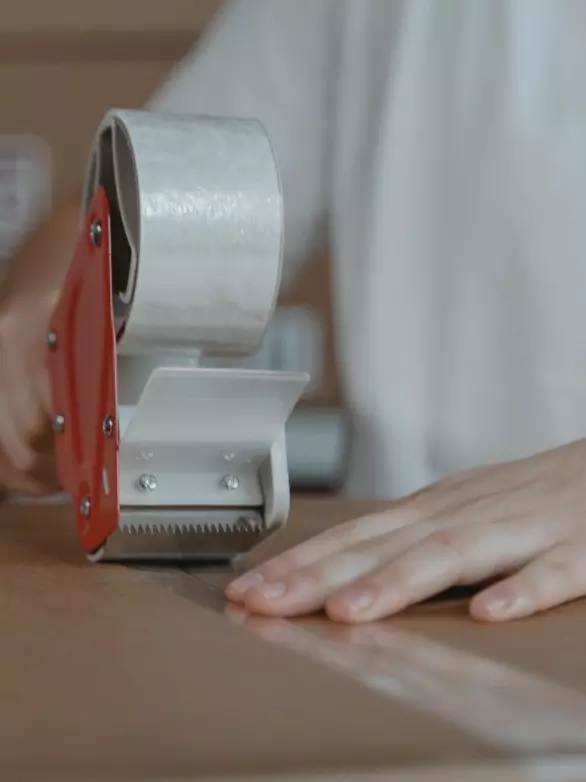What are the ways to reduce business waste? We look at why your business should reduce waste and tips to reduce waste in your business.
Top Ways To Reduce Business Waste
How much waste does your business produce? Does your business produce as much waste as it did two years ago? Does it produce even more?
Reducing the amount of waste produced at a business will not only save money on the steep costs of waste hauling, but it will also demonstrate a level of industry leadership. The dedication to reducing waste shows that a business is aware of its corporate social responsibility.
The best way this can be done is by reducing greenhouse gas emissions and reducing the number of global hazards to human health caused by a business's waste streams.
The issue with waste is that it is cultural and deeply ingrained in our society. The USA produces an average of almost two kilograms of waste per person per day. This figure is almost twice the rate from the early 1960s and nearly double today's current rate in Japan. Just some simple changes in human behaviour, and more importantly, business practices, can lead to significant reductions in waste.
WHAT ARE THE EXAMPLES OF BUSINESS WASTE?
Below are some strategies that can be utilised for your business:
Compost

As you can imagine, organic waste is the most significant part of the waste stream. Heavy organic waste is very expensive to remove. However, this can be helped.
There are hundreds of office buildings around the world that are now composting in order to help the environment and save money. Composting is much more financially advantageous than the use of hauling waste to landfill sites. In the majority of cases, you will be able to find a composting facility within 50 miles of the landfill site where your waste would have been heading.
Auditing your facility
Have a look around your facility and examine the processes taking place. Try to assess the supply chain of items that eventually become waste. Which consumables does your business stock? Is it possible to switch to more compostable products or, at the very least recyclable? Does the site have waste bins? Where are they placed?
You should ensure that your recycling and composting bins are much more convenient to use than landfill-bound containers that may be spread around your business facility. The labels on the containers should also be easy to read. Some businesses will use signage with photos on their waste containers, so employees will know where exactly the waste is going. This technique is considered to be highly effective.
It is also important to evaluate how full the recycling containers, dumpsters, and compactors are before they get picked up. Facilities that have increased their recycling rates will commonly decrease the frequency of waste pickups. This is an extra cost that can be saved.
Reduce packaging

In developed countries, one-third of all waste comes from packaging alone.
It is important to consider the packaging that is used within your business. If possible, can you completely eliminate single-use containers? Just taking the simple step of going from corrugated cardboard to reusable plastic containers for shipping saved the Pepsi-Cola company over $44 million. Good for the environment and good for business.
The company LA & SF Specialty, a food distributor with a warehouse space of over 350,000 square feet, uses cardboard boxes which are picked up by drivers on the road and then reused within the warehouse. Pallets that become damaged can also be repaired, and then reintroduced back into the distribution chain.
Eliminate bottled water
This one is such an easy switch and will be incredibly effective on a company-wide level. Replace plastic water bottles with glasses or filters.
Water bottles are manufactured using a material known as petroleum. In the USA alone, the amount of petroleum used to create water bottles is enough to fuel over one million cars for a whole year. Not only this, but bottled water is far more expensive than tap water and can even lose its taste just to the manufacturing process.
At your business' facilities, provide reusable bottles or glasses. Provide a water filter in the break room too. We promise these changes will pay for themselves.
Give food waste to pigs.
It may sound completely ridiculous, but this classic age-old scheme is still applicable today. Donating food waste can offer huge cost savings.

The farming business named Barthold Farms offers a type of food waste program that serves over four hundred different school districts, restaurants, cafes, supermarkets, and other facilities in the area of Minneapolis St. Paul. Barthold picks up the food waste themselves and then heats the waste at the farm for safety reasons. Once contaminates have been removed, the waste is then fed to the pigs.
The figures show that customers can save fifty percent compared to landfill-bound waste hauling.
Top tips to reduce waste in your business!
- We would recommend appointing a waste prevention team. These are great for brainstorming ideas, raising awareness, and motivating staff.
- Examine your business and take a waste audit. Replace your bin bags with clear bin bags for a week. This will allow you to see what people are disposing of. No need to point fingers and start blaming, it is all a learning exercise.
- You should start small with recycling. Once the audit has been completed, choose a waste stream that would work well for easy recycling.
- Contact your suppliers and ask them to take back bulk packaging so it can be reused.
- Provide your employees with glasses and cups for use rather than disposable bottles
- Concentrated cleaning products can be used instead of your usual cleaning products, so the product can be used for longer without needing replacement.
- A recent popular strategy is challenging your staff to pack a zero-waste lunch instead of visiting a supermarket and buying food products covered in disposable packaging.
- Wherever possible, all printers in the facility should be set to print double-sided and switched to draft quality printing.
- Speaking of printers, refillable printer cartridges and rechargeable batteries can be implemented.
- A common trope of office life is that all employees steal stationery from the office. There is a reason this is talked about so much because it's true! Employees stealing stationary leads to more office stationery needing to be ordered. This means unnecessary costs and a huge impact on the environment due to the manufacturing process, fuel used while shipping, and stationery packaging. Why not hold a stationery amnesty where staff can drop off any stolen stationery with zero blame and a 'no questions asked' attitude.
- If your office is getting rid of old furniture, it can be donated to various organisations instead of being thrown away. The same goes for mobile phones, photocopiers, printers, and lightbulbs. Think before you bin!
Get in touch today if you have any business waste that needs collecting and disposed of correctly in Maidstone and Kent. Our experience and professionalism can help alleviate any stress or concerns you have concerning wastage.


